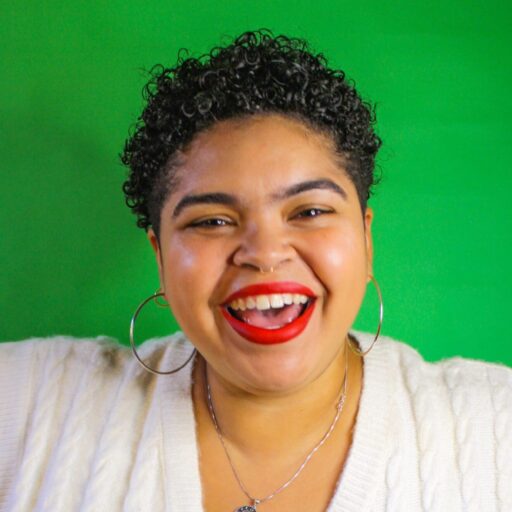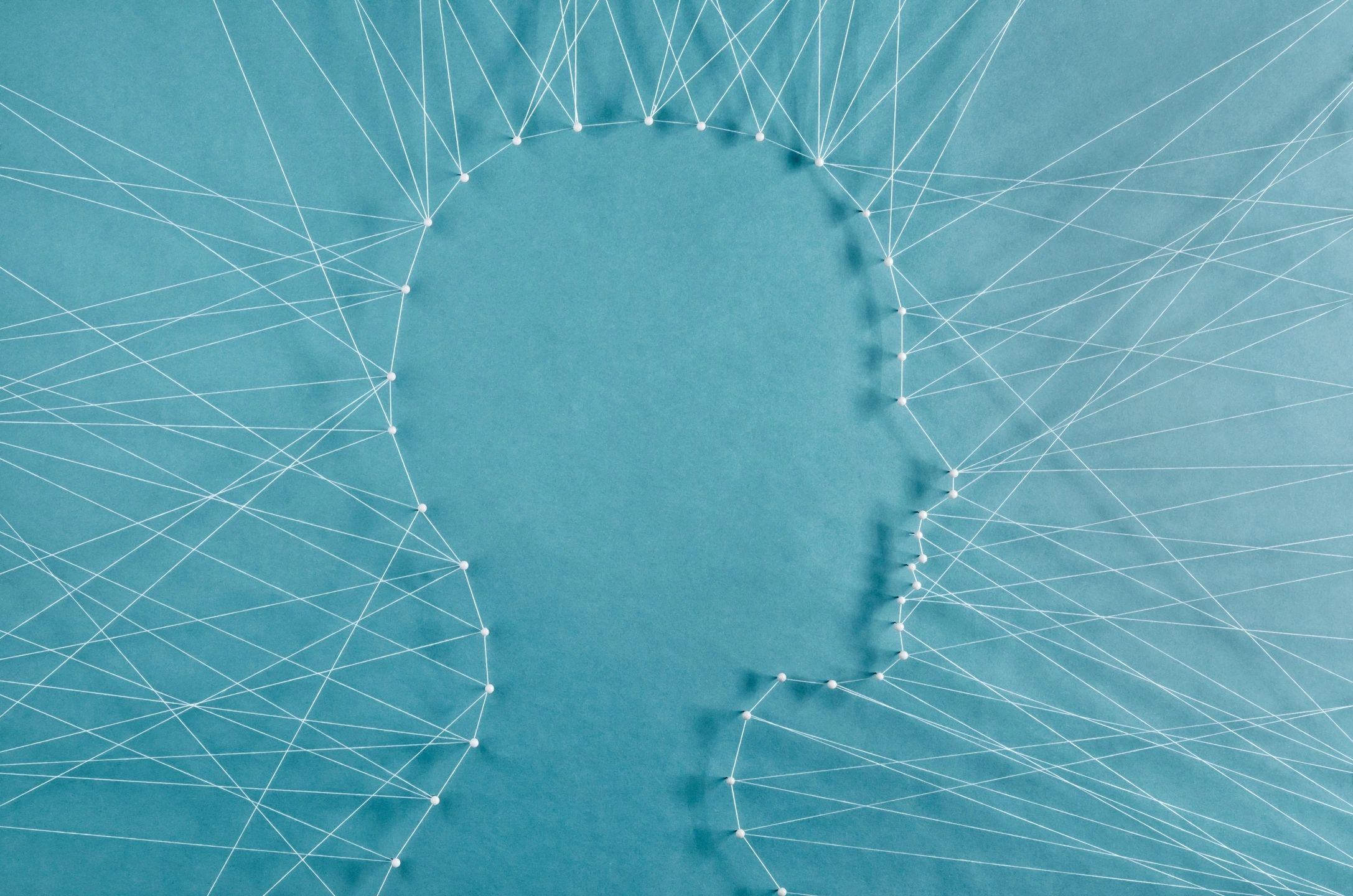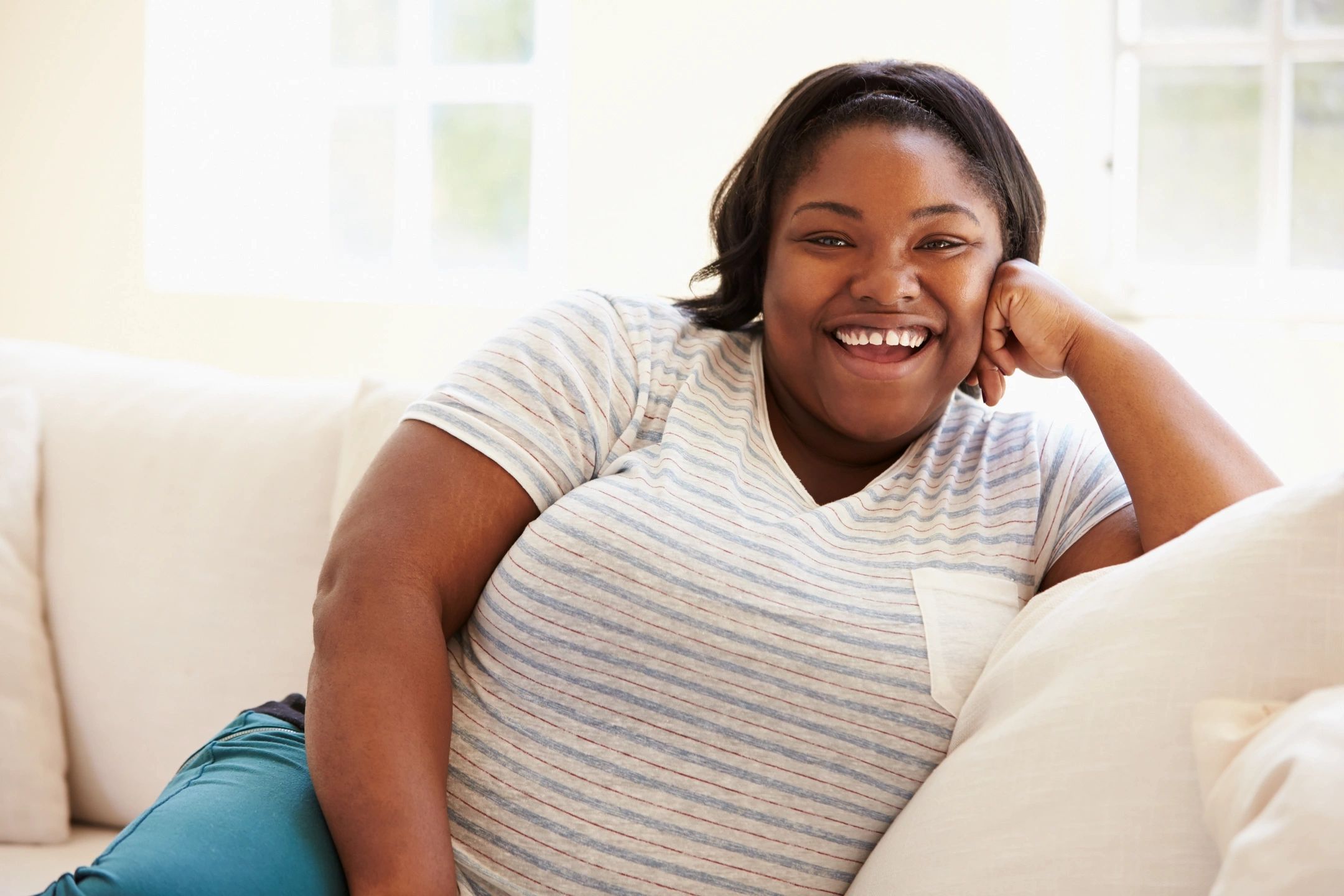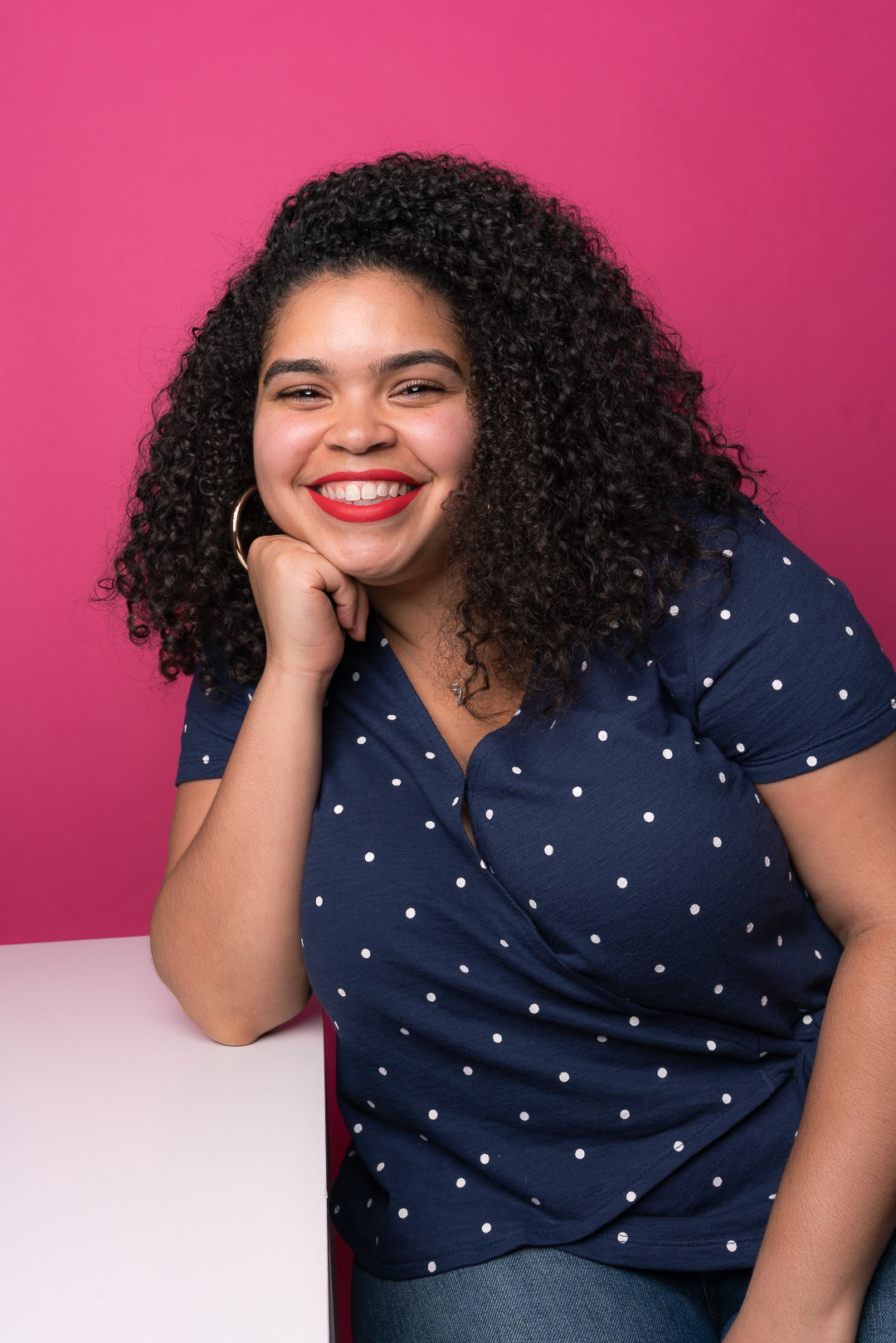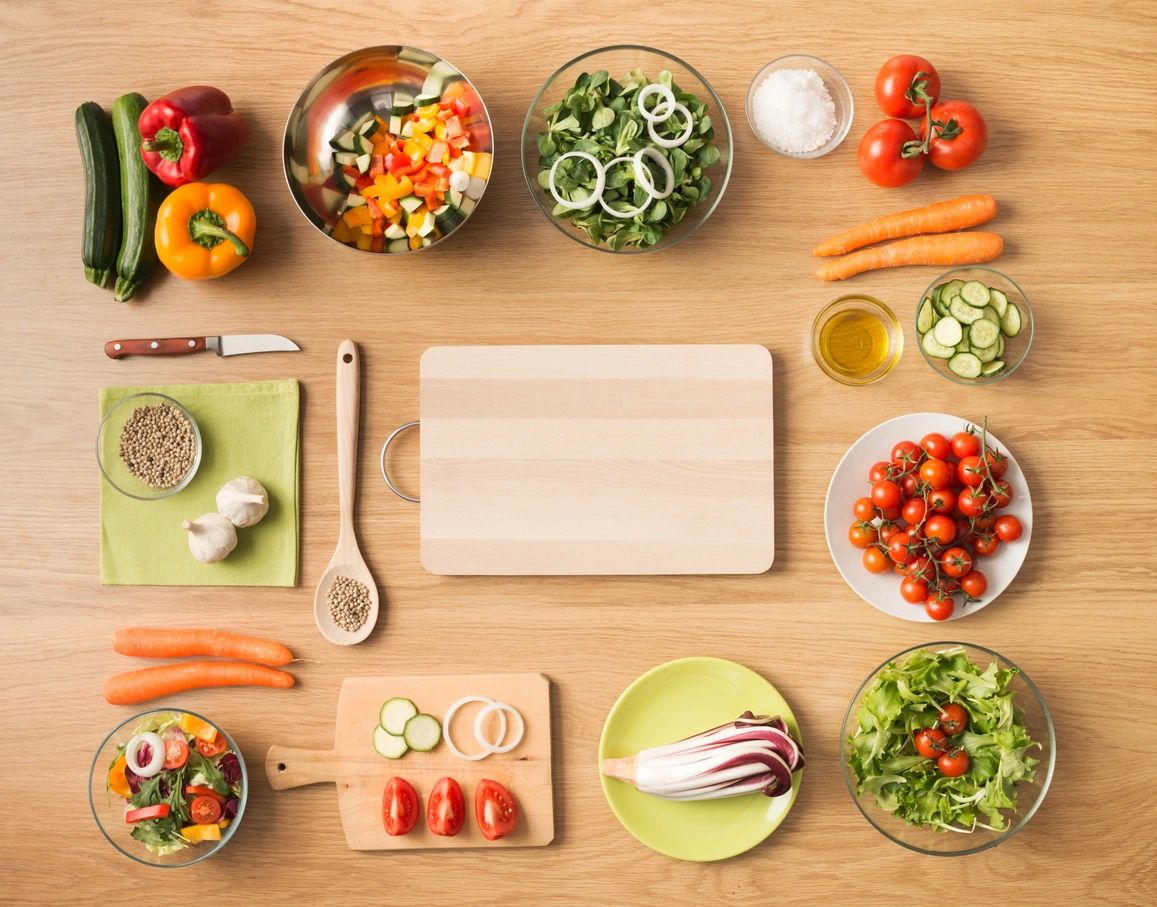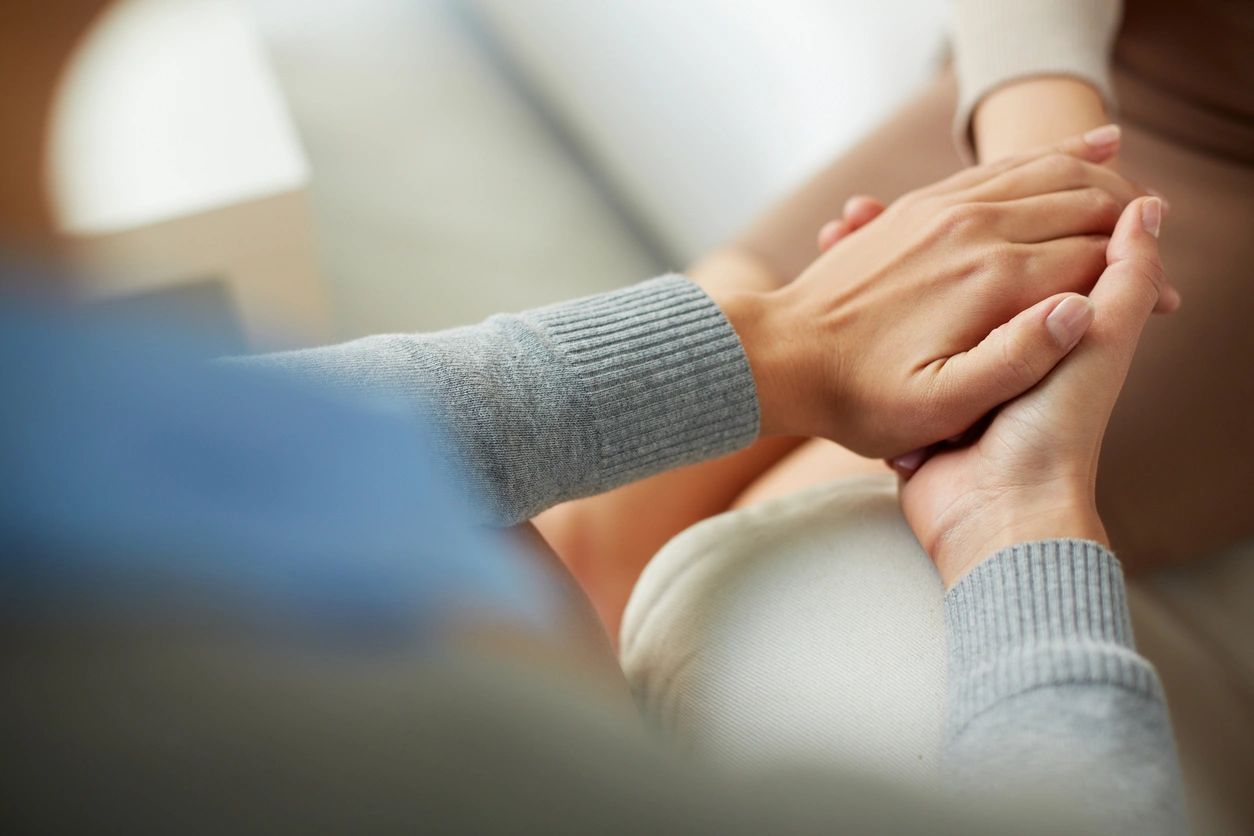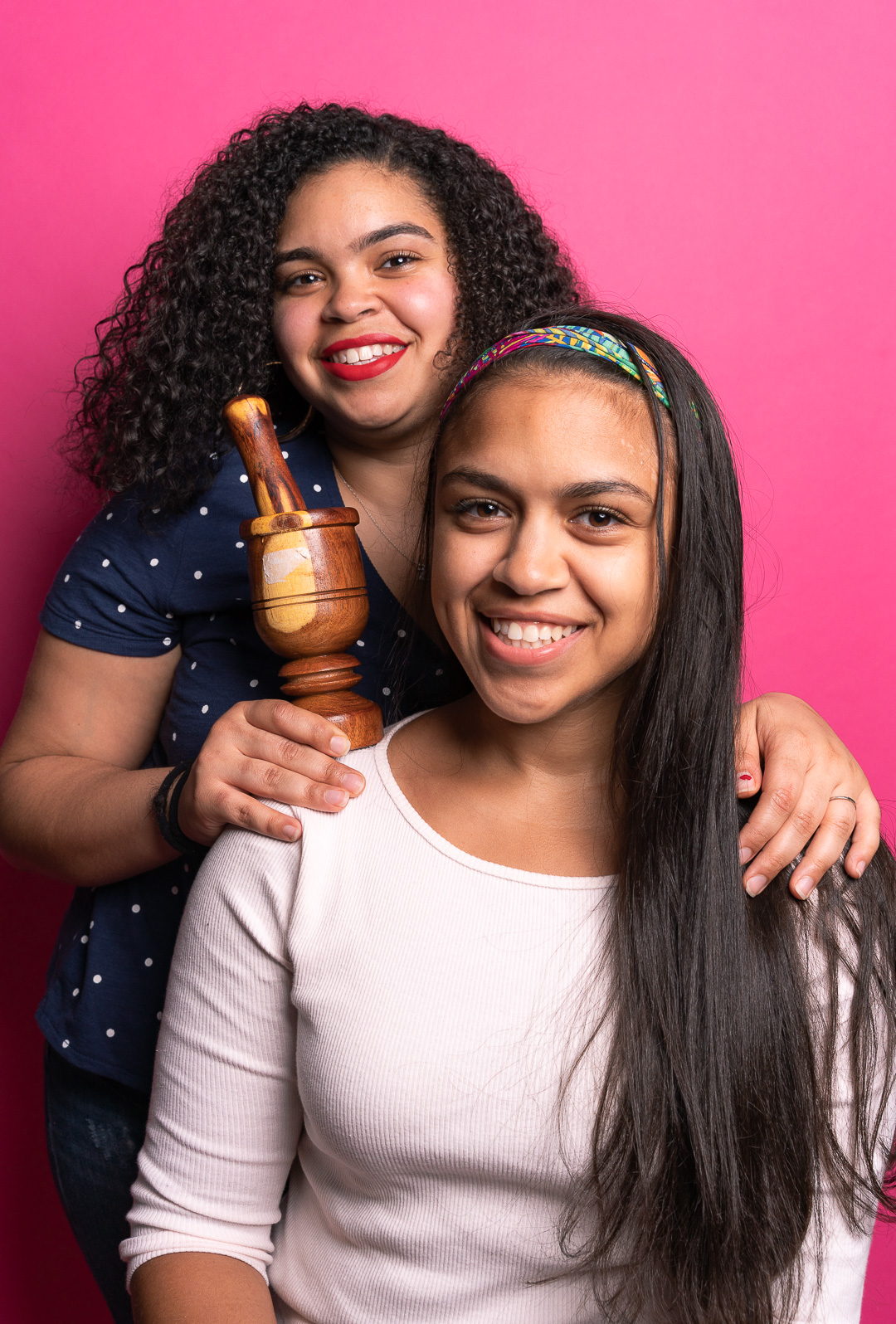Let me set the scene, (if you want to skip the story and go to the steps click here)
I was at my pcp’s office and they had just finished reading off the PHQ screener, if you don’t know what that is it’s a series of questions used to assess the severity of depression in a person- you can learn more about it here. As she listed off the last few questions I starting checking in with myself, “do you know what this means, you know you’re scoring too high”, then came the question asking if I no longer enjoying things I used to enjoy and that’s when it hit me. I had stopped enjoying cooking for months and I wasn’t sure why and I literally felt the room spin because I was realizing my worst fears and I was about to be told them right now in front of my husband.
After the screener, the rest of the history was shared, and my physical exam was done, the doctor then told me that I might be suffering from depression. Instantly my husband and I were brought to tears, not because of the diagnosis it was because what we’ve known and felt something all along and it was finally spoken to existence. The doctor gave us some time to decompress and suggested a few things to help with the depression and the other problems I was having (which I later learned were symptoms of depression). I was given a prescription for the depression and that was pretty much it. On the car ride home, my husband and I were talking and we decided to seek alternative forms of treatment before choosing to take the medication.
Here’s where the story ends and where my steps of action begin! I do want to preface all this by saying, being newly diagnosed with depression does not mean I haven’t managed my depression all life long, it just means now I am getting treatment for it. I also am not a mental health expert and like always, I encourage you to see your licensed medical provider if you feel you may be suffering from depression, if you don’t have one try using ZocDoc!
So here’s the 5 things I did after finding out I had depression.
1. Cry
For some, especially me, this is necessary and cathartic! It was definitely an emotional release and an acknowledgment of all the things my body was going through at this time. When I cried after the appointment it was as if my body was saying “thank you, now let’s get this help comadre!”
2. Spoke to my intimate circle
This is something you may or may not want to do, depending on who’s in your circle. With such an intimate diagnosis I reached out to the three women that I always reach out to when there’s a crisis (my mom is also one of these women but she was away on a trip and I didn’t want to alarm her yet- and I knew if I told my sister, she’d tell my mom). These three usually have a very level-headed responses to any problem, they don’t get flustered and they are alwayshonest. When I told them all what was going on there was an instant but respectful pushback to medication and a lot of praise for therapy. I did and I didn’t appreciate this and here’s why.
I know medication can sound scary and may alarm those around you but what’s going on in someone’s head is even scarier. If a person needs medication to help keep them afloat or whatever reason it shouldn’t be shamed. Thankfully these three did not shame me and ended their feedback with “if you think the medicine will help try other things first”. This was good advice for ME but again this may not be good advice for others who may suffer from more severe forms of depression or other mental health disorders.
All that being said, it’s important to communicate with those around you who you trust so that they are fully aware, and open communication helps to break down the stigma.
3. Did some research
The scientist in me loves to do research, so I figured there had to be some other form of research out there on depression and maintaining it so I looked for it. That’s when I stumbled this Tedx Talkon Depression. I dug a little further into the researcher’s work on depression and discovered his TLC Protocol, basically it’s a 6 stepprogram that falls in line with almost everyone’s recommendation for healthy living he just conducted research on it and repackaged it for himself. In short the program focuses on diet and lifestyle changes. He does call for supplementation of Omega 3s, which I would recommend getting from the food first and then speaking to your doctor to see if you need to supplement. The lifestyle changes where I really resonated with him, were the exercised and social support, after leaving my job to start the dietetic internship I lost my normal routine and my social support all in one blow. Finding ways to reestablish that was something I knew I had to work on.
All this to say, do some research on yourself, online, on lo que sea. What’s imbalanced in your life and how can you help to balance it.
4. Looked for a therapist
After reflecting on what I could do in the previous step I knew this is where I needed to go next. I had always been curious about therapy and didn’t really know that many people that had gone to therapy and when they did it was usually because of something not just because they were depressed. So I went to Psychology Todayand looked for a therapist. I am not going to lie to you and say I was open to any therapist because I wasn’t. I specifically looked for a Latina, preferably Caribbean, because I figured they’d have a greater understanding of my culture and I wouldn’t feel judged for being a person of color, which I don’t think any LCSW would do but you know, I just didn’t want to find out. Thankfully I found a good amount and this website is so amazing, it lets you just send messages directly from there to a therapist. Once they reach out to you, some will give you a call to see if you’re a good fit and others may email you, everyone is different. Looking for a therapist is a lot like dating, is what they say so I spoke to a few over the phone before I decided who I was going to stick with.
If you’re able to go to therapy it really helps to discuss things openly with someone who can help you see things from other perspectives.
5. Made adjustments
Once I booked my first appointment with my therapist I had to start doing my own work. I took a long hard look at my life and identified the areas of my life where I felt energy wasn’t flowing the way it should. To start I forced myself to start cooking again, small meals, and I started sharing them on our account and actually eating. Then I started to create a balance on how much time I spent on the phone, deleting apps like Insta when I didn’t need to post something. I picked up meditation and encouraged myself to hand out with friends and family when I didn’t want to and I am still working on incorporating movement, I just haven’t found the nudge that I need yet but summer is here so I know it’s coming (I like to exercise outside). I also got a planner that helps me map out my week, day and life! All these adjustments helped me to manage my depression better but this isn’t to say that it’s easy. Some days are better than others. Some days I cannot get myself out of bed to that shingdig I was looking forward to all week and some days just looking at a leaf on a tree during my walk home brings me joy. Make adjustments to your circles online, especially if you follow accounts that don’t bring you joy.
Every day is a day of progress and it’s important to be open and honest with yourself about the progress you are or aren’t making, it helps to make adjustments to grow!
So that’s it, these are the five things I did after being diagnosed with depression that helped set me up to a more balanced life. If you feel you or someone you know may be dealing with depression here are some resources you might find useful.
What are some things you did to help you with depression, let us know in the comments!
As always thank you for reading and make sure you follow us on gram where we making healthy fun para todos everyday.
